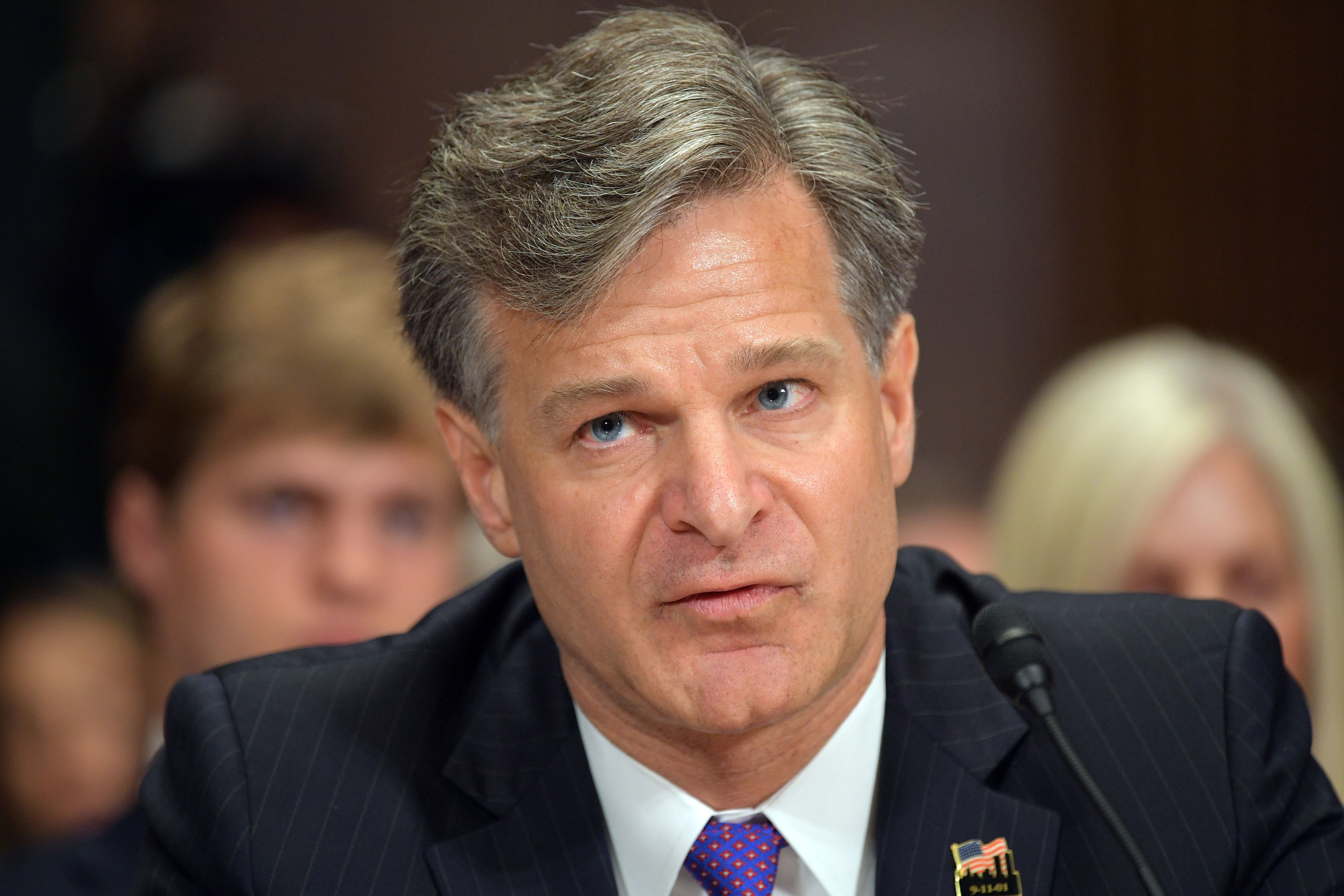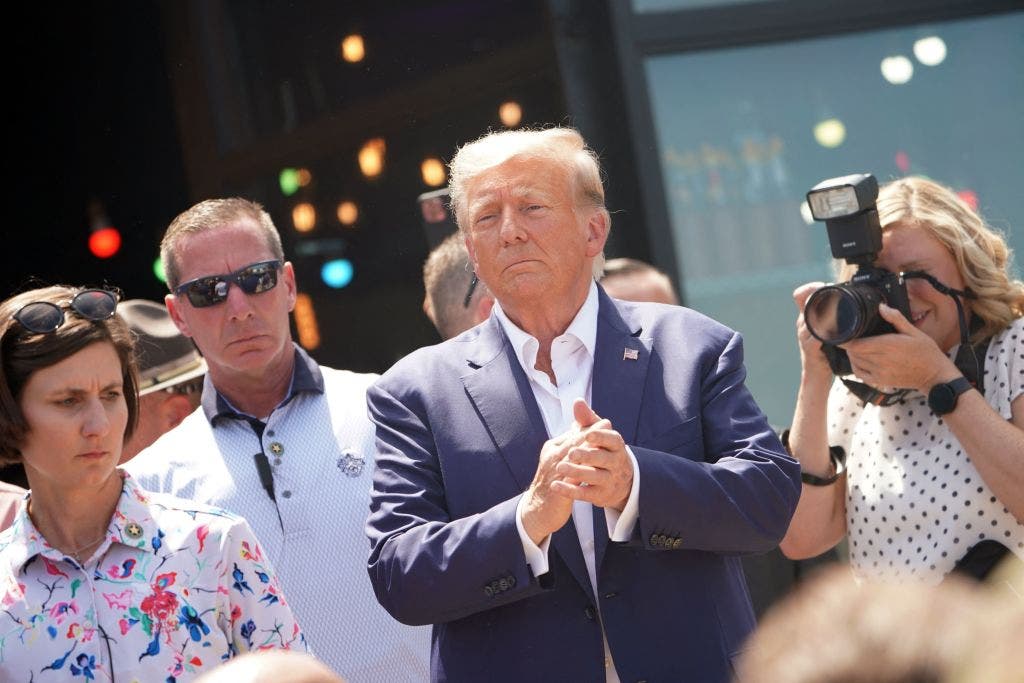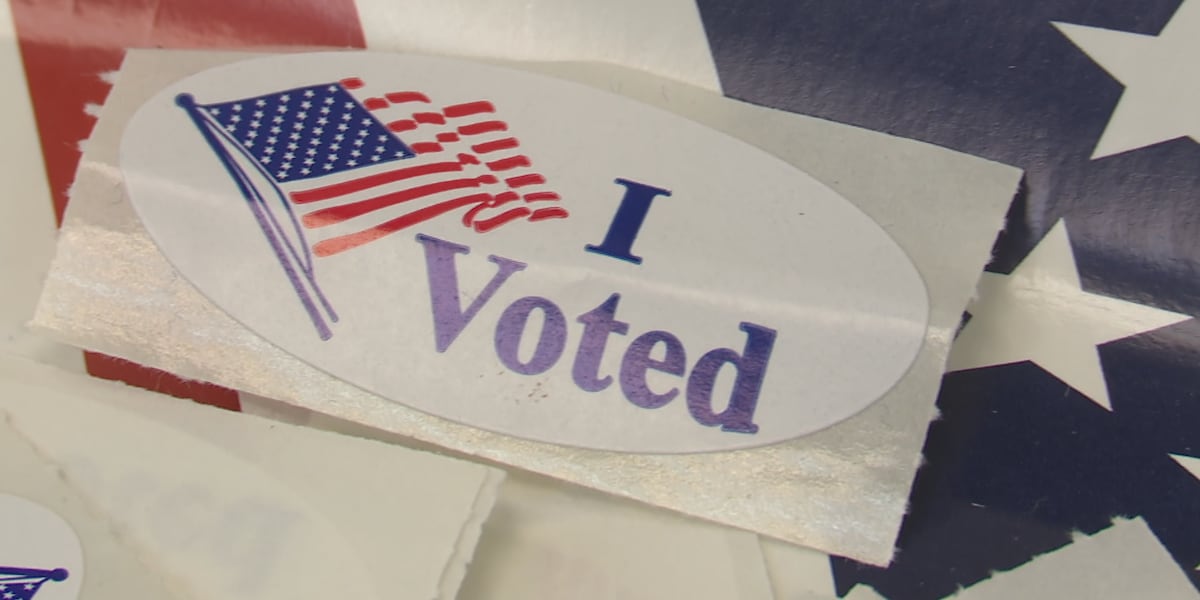Nippon Steel and US Steel announced Wednesday they have completed a partnership deal in which the US government will essentially have veto power over significant decisions affecting US jobs.
The agreement modifies a transaction originally announced in December 2023 in which Nippon Steel of Japan had agreed to acquire US Steel for $14.9 billion.
But the outright acquisition of the iconic US company sparked bipartisan political opposition, including from President Donald Trump, whose administration worked with the companies on a revamped deal in which the US government will have a “golden share” of the company that gives it a say on Nippon’s plans for the assets.
Trump, who railed against the proposed deal throughout the 2024 presidential campaign, last month announced a pivot he described in a May 23 social media post as a “planned partnership” in which Nippon pledged to invest billions of dollars and retain its headquarters in Pittsburgh.
On Wednesday, US Steel filed a notice with US securities regulators to delist its shares on the New York Stock Exchange. The NYSE halted trading, pointing to a “merger effective” order.
“The Companies have now completed the transaction as contemplated by their merger agreement,” Nippon and US Steel said in a joint press release. “The Companies have also entered into a National Security Agreement with the US Government, and US Steel will issue a Golden Share to the US Government.”
– Post-election window of opportunity –
Under the December 2023 transaction, Nippon agreed to pay $55 per share for US Steel, an all-cash deal that included a 40 percent premium. While the transaction included a pledge to maintain the name US Steel and the company’s Pittsburgh headquarters, industry watchers expected an exodus of US Steel executives.
But after the deal sparked opposition from the United Steelworkers Union and a broad range of politicians, including then president Joe Biden and former Ohio senator JD Vance — now Trump’s vice president — Nippon stepped up its lobbying efforts in Washington and Pittsburgh to win support for the transaction.
In early January, shortly before leaving office, Biden blocked the transaction, saying that placing “one of America’s largest steel producers under foreign control and create risk for our national security and our critical supply chains.”
But backers of the deal had been hoping the shift in political climate following the presidential election might revive the deal’s prospect.














